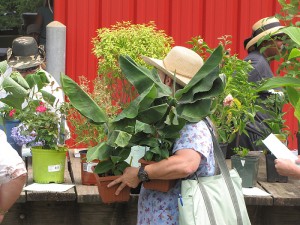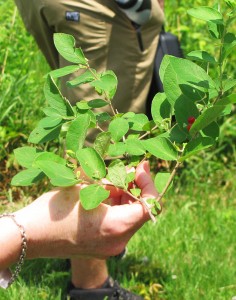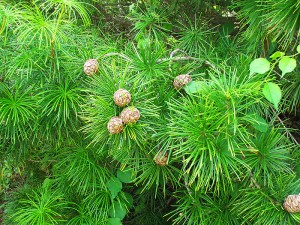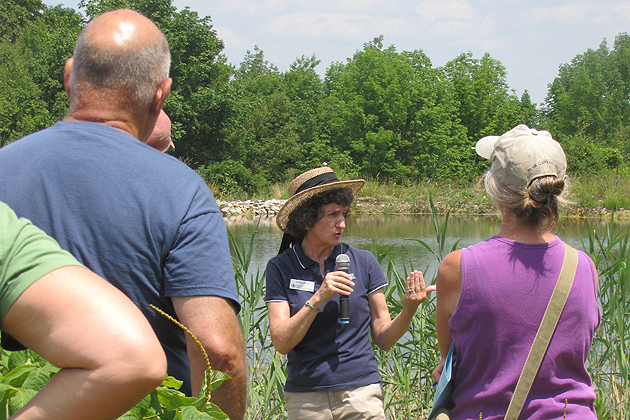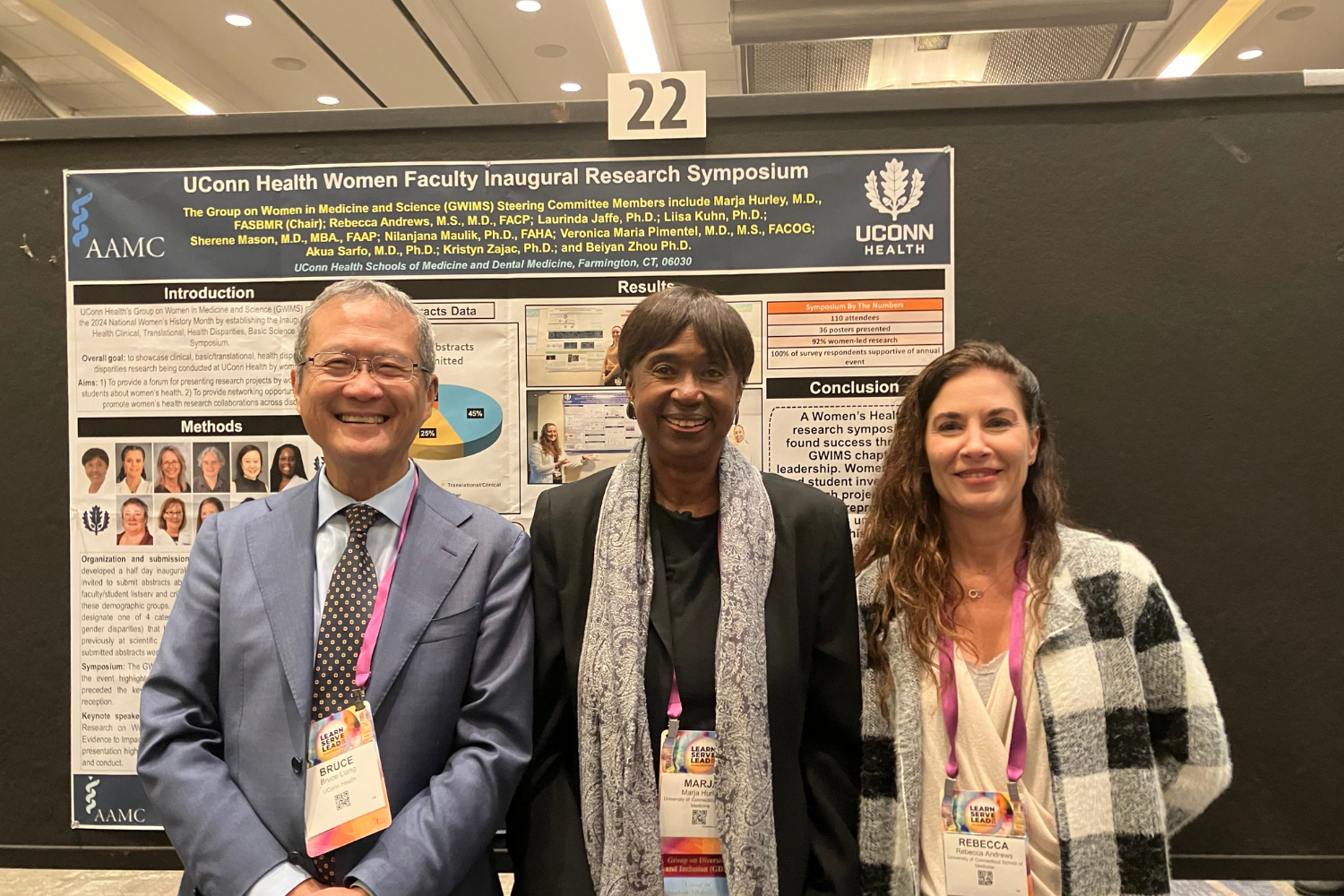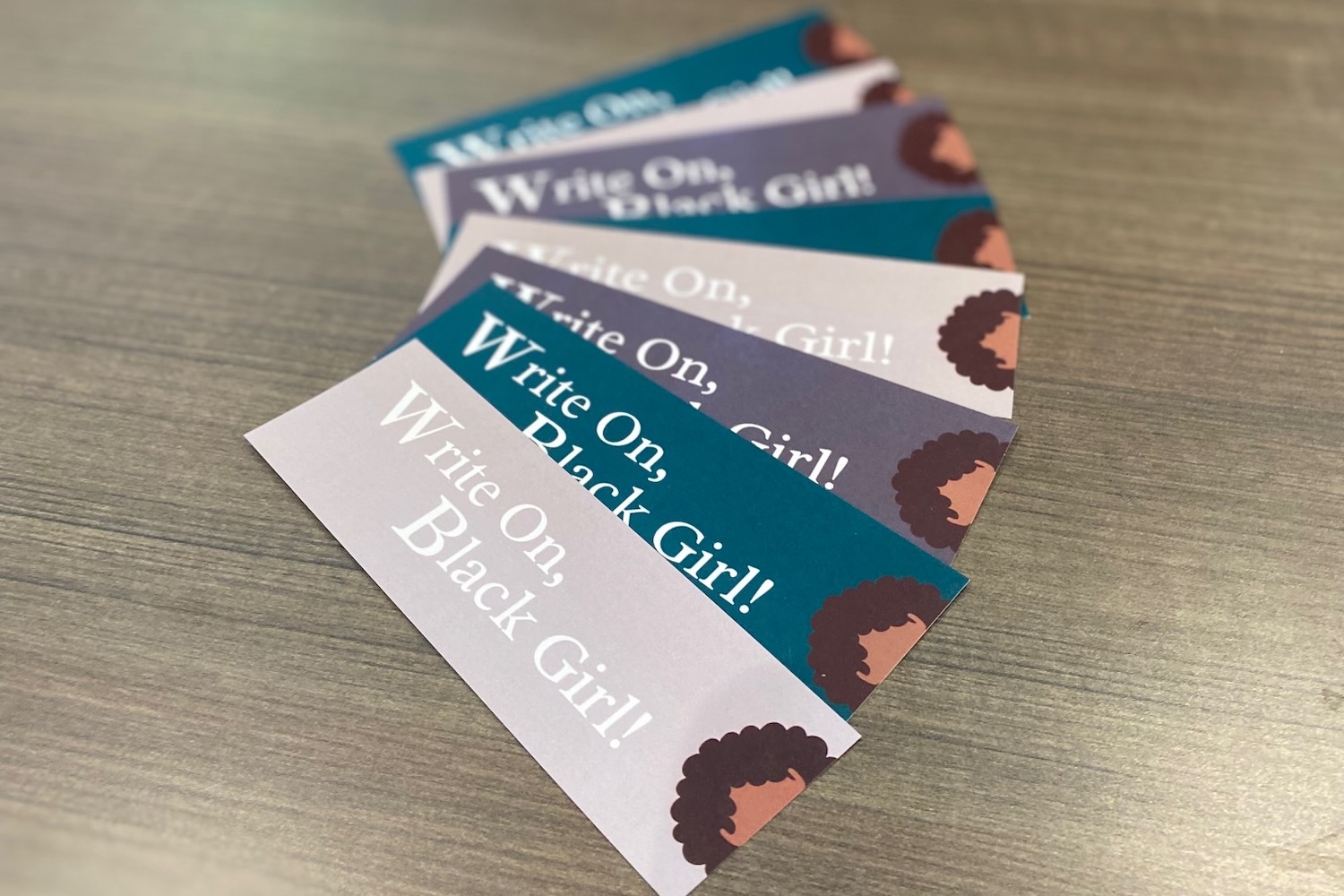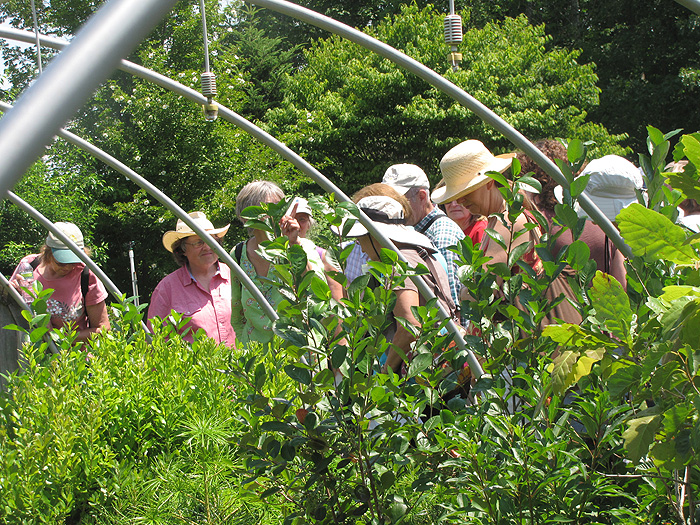
Why garden? The answer may be as simple as wanting to look at colorful flowers growing outside the front door or maintaining a visually interesting landscape across the seasons. It may be the irresistible urge to pick fresh tomatoes off the vine during the summer, or the desire to include home-grown herbs in favorite recipes.
Master Gardeners are motivated by many of these reasons, but their commitment to working the soil goes beyond just aesthetics or convenience: It’s about reaching out to others and often also means literally sharing the fruits of their labors.
Master Gardener Deborah Flower has had a garden ever since she was a child. Like many of her colleagues, she has a missionary zeal to share her love of gardening with others.
“Gardening teaches both patience and an appreciation of nature and its cycles of death and rebirth,” she says. “It is both spiritual and practical. In a world where food production has become agribusiness, we need to consciously help people be ‘grounded’ in physical and emotional ways. Establishing community gardens, children’s gardening activities, and other programs that preserve open space offers an appreciation of our natural world.”
Rigorous training
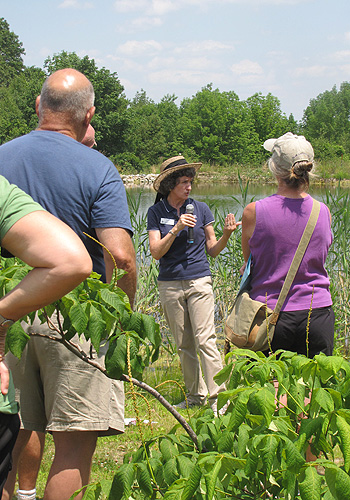
Becoming a Certified Master Gardener means completing UConn’s Cooperative Extension System Master Gardener Program, and it isn’t easy. Certification requires spending hours in the classroom acquiring knowledge of botany, plant pathology, entomology, and integrated pest management. Participants are required to undertake a supervised internship, and must complete an outreach education or community service project. It also, in the words of one Master Gardener, “helps to be a plant geek.”
Each year about 200 people graduate from UConn’s program, according to Leslie Alexander, state coordinator of the Master Gardener program. And a newly instituted recertification program will provide additional opportunities for volunteers to keep their horticultural skills up to date, enabling them to share their knowledge in diverse settings.
The gardeners’ ongoing commitment to community and local educational efforts makes a significant contribution to the outreach goals of the statewide extension system. Last year, Master Gardener interns and certified Master Gardeners made more than 61,000 in-office contacts with members of the public via telephone, email, and walk-in visits, resulting in the diagnosis of a wide variety of plant cultivation, insect, and disease problems.
Interns in the program work in County Extension Offices, at the Bartlett Arboretum in Stamford, and in community outreach projects. Certified Master Gardeners and Advanced Master Gardeners also volunteer in Extension offices and participate in programs in a variety of community settings, including working with disabled adults maintaining outdoor gardens and greenhouses at Camp Harkness; helping to maintain the Foodshare Garden at the 4-H education center at Auer Farm in Bloomfield (resulting in 4,200 pounds of organic produce); and the ongoing restoration of grounds at the Mark Twain House in Hartford. There are also numerous local efforts in community gardens, at the York Prison for Women, and through various school and library programs throughout the state.
Last year, this work translated to nearly 40,000 volunteer hours, with an estimated value of more than $800,000.
A gathering of gardeners
As part of their continuing education, about 70 Master Gardeners gathered recently at the Department of Plant Science and Landscape Architecture’s research farm in Storrs for a day that included both classroom lectures and visits to various sites on the farm.
“Getting together with everyone today was a great opportunity to experience the people and places that conduct our agricultural and horticultural research,” said Ellen Bender, a Master Gardener from Ellington. “As Master Gardeners, we want to connect and share this information to make a difference in our local communities.”
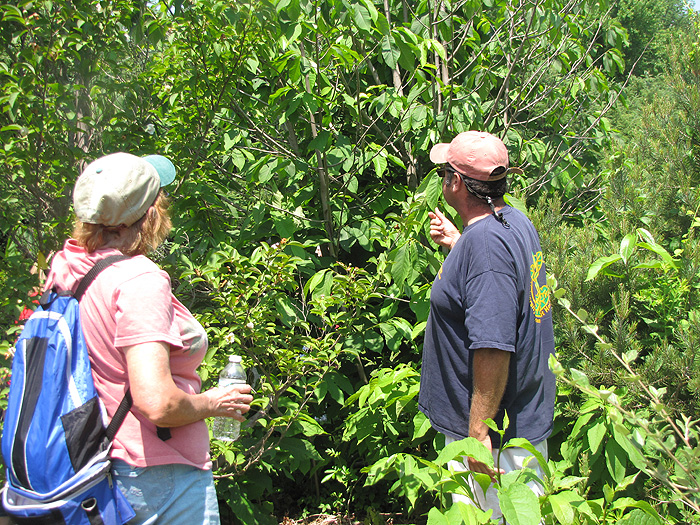
Attendees were exposed to topics including the use of willows for bioenergy and ecological engineering, the Cooperative Agricultural Pest Survey program, and the biological management of Japanese Beetles. They also went on a walk with extension specialist Donna Ellis, who identified invasive species and discussed biological methods of pest control. And they visited the Waxman conifer collection where the late Sidney Waxman, a professor of plant science, developed many dwarf forms of conifers during his 40-year career at UConn.
Future plans
Although the program is coordinated from Storrs, until now Connecticut’s Master Gardeners have not had a place to call their own. This will soon change, when the former home of Professor and Mrs. Waxman on Route 195 will be turned into a Master Gardener classroom and library. An upstairs apartment will be used to house graduate plant science majors.
Not surprisingly, says Alexander, “Plans also call for putting in a garden of native plants and that will be open to the public. We can also feature interesting projects from our plant science faculty. We want the University and the public to be aware of this … we’re really excited about the possibilities. It could be such a gem for UConn.”
